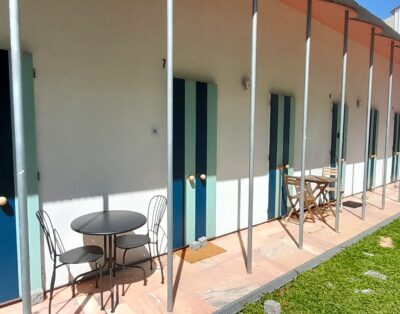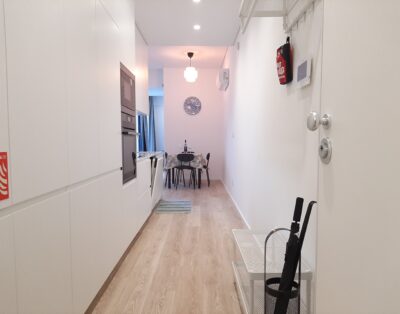Effective Pest Control Strategies for Landlords and Tenants

Pest infestations can significantly affect the livability of a rental property, leading to discomfort for tenants and potential damage to the property. Effective pest control is a shared responsibility between landlords and tenants. This guide provides comprehensive strategies for preventing infestations, educating tenants on best practices, and tackling pests if they occur.
Preventing Pest Infestations
- Seal Entry Points: Conduct regular inspections of the property to identify and seal cracks, holes, and gaps in walls, floors, and foundations. Pay special attention to areas where utilities and pipes enter the building.
- Proper Waste Management: Ensure that garbage is properly stored and disposed of regularly. Provide tenants with sealed bins and encourage compliance with waste management guidelines to avoid attracting pests.
- Landscaping and Exterior Maintenance: Keep bushes, trees, and shrubs trimmed and away from the building’s exterior. Remove any standing water to prevent mosquito breeding and maintain gutters and drains to avoid water accumulation.
Educating Tenants
- Cleanliness and Hygiene: Educate tenants on the importance of maintaining cleanliness within their living spaces. Regular vacuuming, dusting, and wiping down surfaces can significantly reduce the likelihood of pests.
- Food Storage: Advise tenants to store food in sealed containers and avoid leaving food out for extended periods. Promptly cleaning up crumbs and spills can deter pests from entering the home.
- Reporting Protocol: Establish a clear reporting protocol for tenants to follow if they suspect a pest infestation. Early detection is crucial for preventing widespread infestations and minimizing treatment efforts.
Tackling Pest Infestations
- Immediate Action: Upon detection of pests, take immediate action to assess the situation and determine the extent of the infestation. Depending on the severity, professional pest control services may be necessary.
- Professional Pest Control Services: For significant infestations or pests that pose health risks, such as bedbugs, termites, or rodents, hiring professional pest control services is advisable. Professionals can provide targeted treatments and advice on preventing future infestations.
- Follow-Up and Monitoring: After treatment, monitor the property closely for signs of recurring infestations. Implementing preventative measures and regular inspections can help avoid future pest issues.
DIY Solutions for Minor Infestations
- Natural Repellents: For minor pest issues, natural repellents like diatomaceous earth for ants and cockroaches, or peppermint oil for mice, can provide non-toxic solutions.
- Maintaining Barriers: Regularly check and maintain physical barriers, such as screens on windows and doors, to prevent pests from entering.
- Collaboration with Tenants: Work collaboratively with tenants to address pest issues. Encourage practices that reduce the likelihood of pest infestations and respond promptly to tenant reports of pests.
Effective pest control requires a proactive and collaborative approach between landlords and tenants. By implementing preventative measures, educating tenants on best practices, and responding swiftly to infestations, landlords can maintain a pest-free environment, ensuring the comfort and satisfaction of their tenants.
Need help managing your property? Contact us here!













